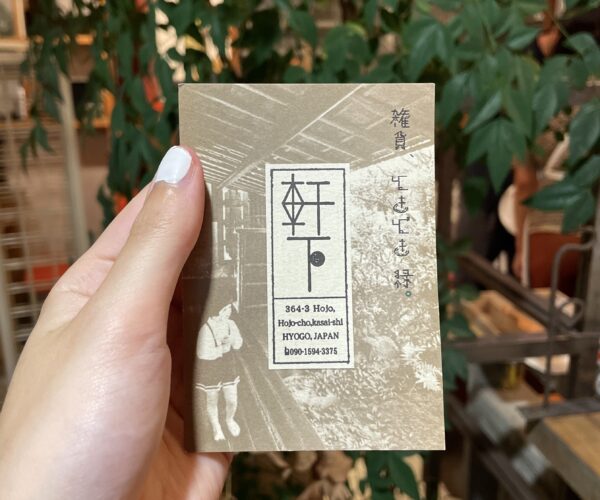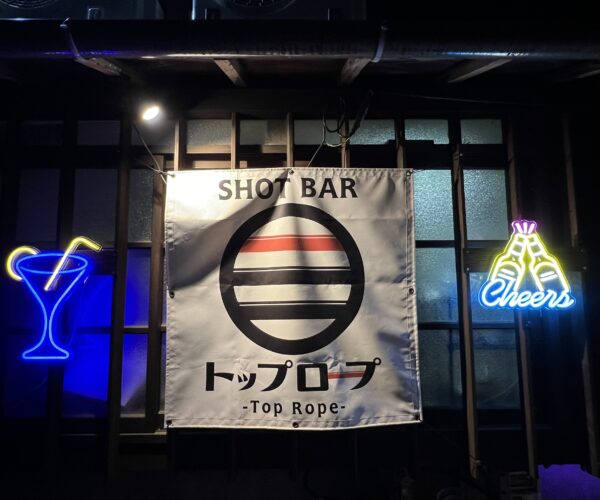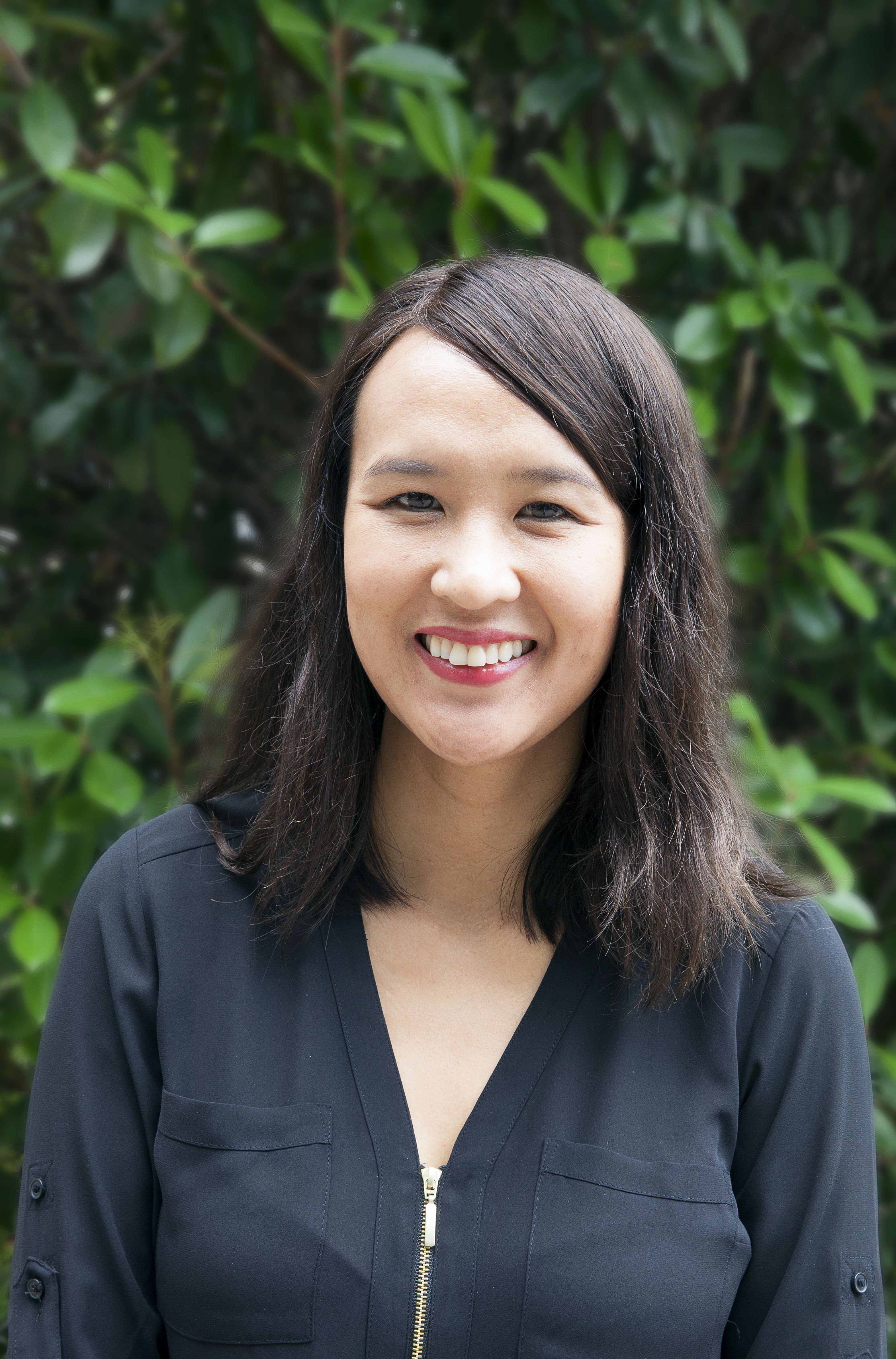Please introduce yourself and where you’re from!
Hi there! My name is Thuy Nguyen and I’m a California-raises Texan. I was born in Irving, Texas but I left there when I was 1. I grew up in the Bay Area, specifically San Jose.
Where and what did you study?
Before JET, I completed my bachelors (BS) in Microbial Biology and Molecular Environmental Biology from UC Berkeley (Go Bears!!) and my first masters (MS) in Bacteriology from UW Madison. Though my degrees are in the sciences, I studied up to fourth-year Japanese during undergrad and completed a certificate for Technical Japanese Studies during my grad program.
Where were you placed on JET and for how long?
I was placed in Nakatosa-cho in Kochi-ken as an ALT. I stayed on JET in the same placement for four years.
What is your current career?
Currently, I am a program coordinator for study abroad at The University of Texas at Austin. I manage a regional portfolio of programs that are for students wanting to study abroad in Asia.
I like to say I did a 180 with my career especially considering I started in the sciences and am now in international education. What I’m truly passionate about is helping more students, particularly in technical fields such as math and science, gain the kind of eye-opening experiences and people-to-people connections that come with an international experience. It’s not to say students in these fields don’t want to go abroad but often times, their degree is too restricted or the courses won’t transfer directly so it’s not seen as the most immediate benefit in terms of the return on investment. However, as someone who’s been in that world, I think science would progress much more rapidly if more understood the “culture of the lab” (of course I don’t mean bacterial cultures only).
What were some memorable experiences you had on JET and/or how did the JET experience as a whole shape you to who you are today? Additionally, how did JET help you in achieving your current career pathway or any professional endeavors?
JET helped me have that “Ah ha” moment(s) when it came to truly understand how to bridge cultures and people of different backgrounds. When I say this, I don’t mean that I became fluent in Japanese so I no longer had a language barrier. I had studied Japanese for nearly seven years by the time I started JET so the language barrier was never a true obstacle for me. JET wasn’t my only international or intercultural experience as well—I had studied abroad in Australia and grew up in a bicultural environment. But it was during that extended period of time (4 years!!) that I developed a true sense of intercultural competencies. This was not something that was taught either in a Japanese language class and definitely not in my science programs. But it’s something that’s needed and I wanted to bridge the two worlds I knew.
In my last year of JET, I found the International Education Management program at the Middlebury Institute of International Studies at Monterey.
I liked the program for a few reasons. First, it was close to home; I was coming home for a reason and didn’t want to stray too far from San Jose when I first got back. Second, it was a short program (I already had done one graduate program after all). And there was a practical component to the program — both client-based projects within courses and also a practicum experience during the third semester. And the practicum could be done abroad so if I wanted to go back to Japan, I could. I ended up interning with the Japan Center for Michigan Studies. My practicum project was as a consultant on JCMU’s Environmental Sciences in Japan program — truly it was the perfect blend of both my backgrounds.
Do you have any advice for JETs who might be looking into a similar pathway after their time on the program?
Lots of advice!! Not sure where to start but here are some:
1) Do informational interviews. These can help those interested in international education to learn about the diversity and variety of ways to get involved (it’s not all university jobs). Not only that, many people in the field come to it in vastly different ways so prospective professionals can learn how to capitalize on experiences and knowledge they already have. You don’t necessarily have to have a master’s (though it helps particularly at public institutions).
2) Make sure this is absolutely what you want to do. Education, in general, doesn’t pay highly and while international education can sound glamorous as a job that allows one to travel all the time, that’s not guaranteed and most likely goes to those in senior positions. However, if you are passionate about student development and diplomacy, then it’s worth it.
3) Last piece of advice—don’t be picky when you’re first starting out. The biggest part is getting in the field and getting experience, even if it means going somewhere unexpected at first.




